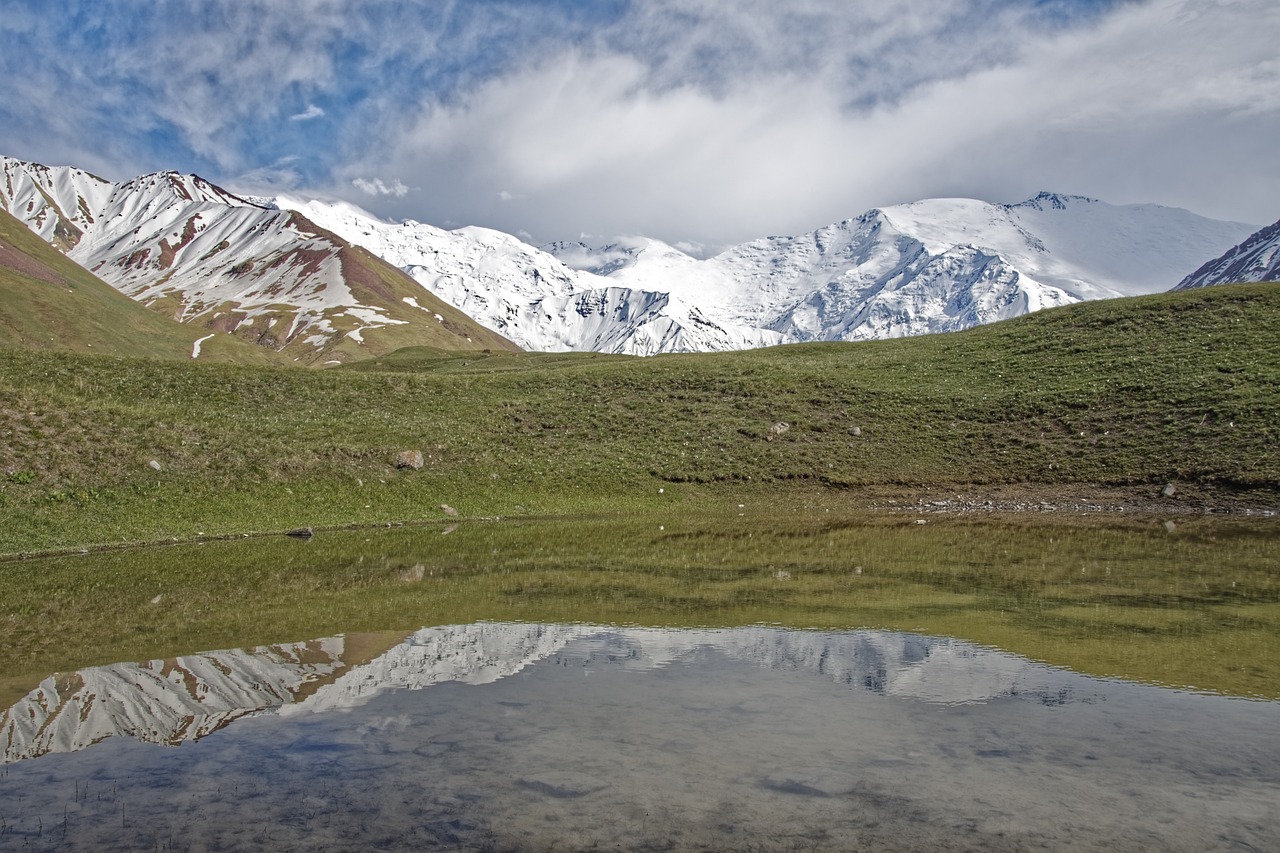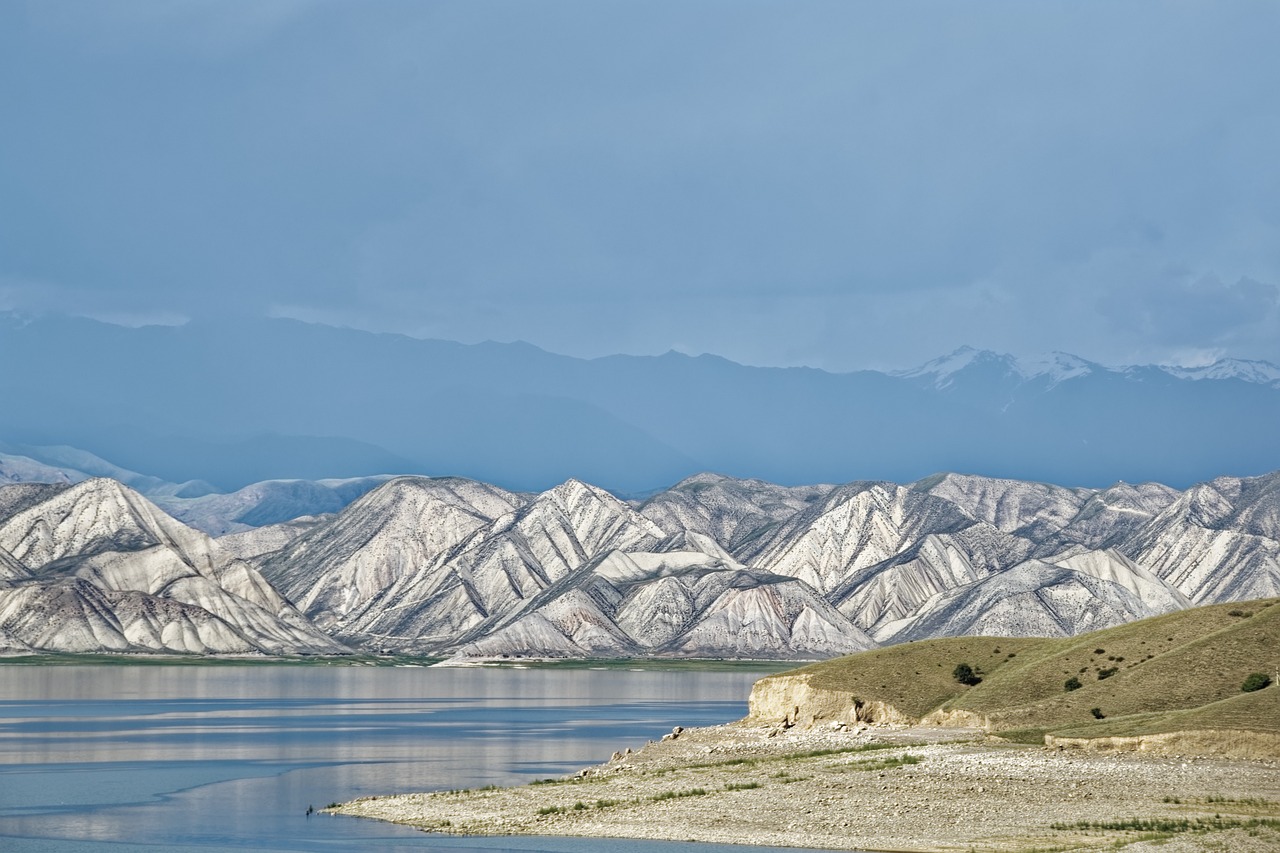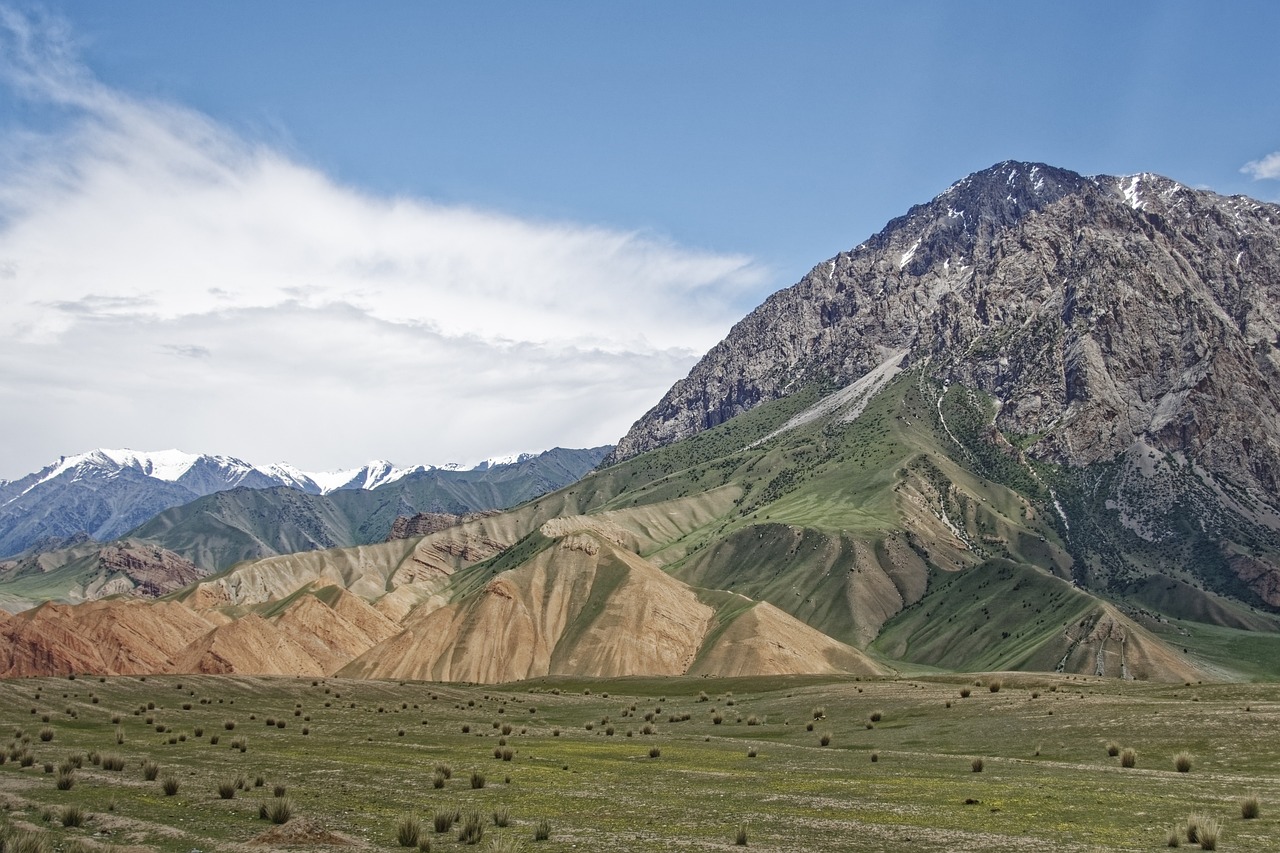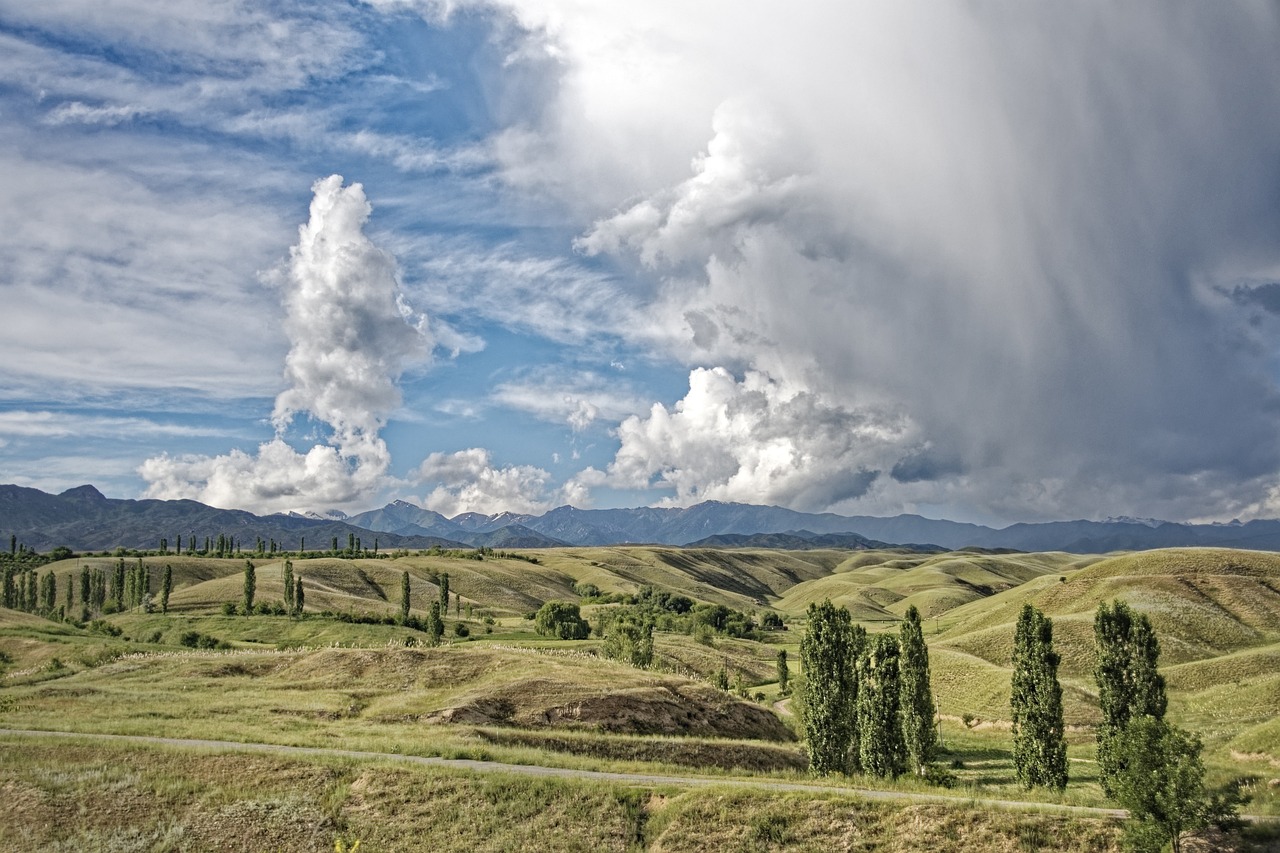Kyrgyzstan Video
Emergency Services: What to Know While in Kyrgyzstan
Section 1: Hospitals and Medical Services
When traveling to Kyrgyzstan, it is essential to be aware of the available emergency services. In case of a medical emergency, knowing the location and contact information of hospitals and medical services can be crucial. Here are some important details to keep in mind:
- Central Clinical Hospital: Located in the capital city of Bishkek, the Central Clinical Hospital is one of the largest medical facilities in Kyrgyzstan. It provides comprehensive medical services and is equipped with modern facilities.
- Issyk-Kul Regional Hospital: Situated in the Issyk-Kul region, this hospital serves both local residents and tourists visiting the popular lake area. It provides emergency medical care, outpatient services, and various specialized departments.
- Private Medical Clinics: Throughout Kyrgyzstan, there are several private medical clinics that offer a range of services. These clinics are often equipped with modern medical equipment and have English-speaking staff.
The Central Clinical Hospital offers emergency care, specialized departments, and a range of medical treatments. It is staffed with highly qualified doctors and medical professionals.
The Issyk-Kul Regional Hospital is well-equipped to handle emergencies and offers quality healthcare services. It is advisable to keep the contact information handy when traveling in that region.
Private medical clinics can provide prompt medical assistance for non-emergency situations, general health check-ups, and specialized treatments. Some well-known private clinics include the American Medical Center and Intermed.
Section 2: Emergency Contact Numbers
In case of any emergency, it is important to have the contact numbers readily available. Here are some essential emergency contact numbers in Kyrgyzstan:
- Emergency Services: Dial 112 to reach the emergency services in Kyrgyzstan. This number can be used for medical emergencies, fire incidents, and reporting crimes.
- Police: If you need to report a crime or require police assistance, dial 102. The police in Kyrgyzstan are responsible for maintaining law and order and ensuring public safety.
- Ambulance: For medical emergencies, dial 103 to request an ambulance. The ambulance service in Kyrgyzstan is well-equipped to handle emergencies and provide immediate medical assistance.
The emergency services in Kyrgyzstan are available 24/7 and can dispatch the appropriate assistance based on the situation.
When contacting the police, provide them with accurate information about the incident and your location for a prompt response.
When calling for an ambulance, provide clear details about the situation and the location to ensure a swift response.
Section 3: Fire and Rescue Services
In the event of a fire or any other situation requiring rescue services, it is important to be aware of the fire and rescue services available in Kyrgyzstan. Here are some important details:
- State Fire Service: The State Fire Service in Kyrgyzstan is responsible for fire prevention, firefighting, and rescue operations. They can be reached by dialing 101 in case of a fire emergency.
- Mountain Rescue: Kyrgyzstan is known for its stunning mountainous landscapes, attracting adventure enthusiasts. In case of any accidents or emergencies in the mountains, the Mountain Rescue service can be contacted by dialing 129.
- Emergency Exit Routes: When staying in hotels or other accommodations, familiarize yourself with the emergency exit routes. In case of fire or other emergencies, knowing the nearest exit can be lifesaving.
The State Fire Service has trained firefighters and modern equipment to handle different types of fire incidents. It is crucial to provide accurate information about the location and nature of the fire.
The Mountain Rescue service specializes in rescuing individuals in remote mountainous areas. They have experienced mountaineers and specialized equipment to carry out rescue operations.
Ensure that the emergency exit routes are clearly marked and easily accessible. If you are unsure about the emergency procedures, don’t hesitate to ask the hotel staff for guidance.
Kyrgyzstan Image 1:

Section 4: Embassy Contact Information
It is advisable to have the contact information of your country’s embassy or consulate in Kyrgyzstan. In case of any emergencies or issues requiring diplomatic assistance, the embassy can provide guidance and support. Here are some key embassy contact details:
- Embassy of [Your Country]: Provide the specific embassy name and contact details for your country in Kyrgyzstan. This information can be found on the official website of your country’s Ministry of Foreign Affairs.
- Consulate General: If your country has a consulate general in Kyrgyzstan, include their contact information as well. Consulates often provide consular services to citizens residing in different regions of the country.
Contacting your embassy in Kyrgyzstan can be helpful in situations such as lost passports, legal issues, or seeking assistance during emergencies.
Keep the embassy and consulate contact details in a safe place, and inform your family or friends about them for additional support if needed.
Section 5: Roadside Assistance
When traveling by road in Kyrgyzstan, it is important to be prepared for any unforeseen circumstances. Here are some details about roadside assistance services:
- AAA Kyrgyzstan: AAA Kyrgyzstan is a well-known roadside assistance service provider. They offer services such as towing, tire change, fuel delivery, and mechanical assistance.
- Emergency Roadside Contacts: Keep a list of emergency roadside contacts, including local mechanics and garages, in case you need immediate assistance during your journey.
Having the contact details of a reliable roadside assistance service can be helpful in case of a breakdown or vehicle-related issues.
It is recommended to research and note down the contact information of reliable service providers beforehand to save time and ensure prompt assistance when needed.
Section 6: Natural Disaster Preparedness
Kyrgyzstan is prone to natural disasters such as earthquakes, avalanches, and landslides. Being prepared and informed can help mitigate the risks. Here are some essential tips:
- Earthquakes: Familiarize yourself with the appropriate measures to take during an earthquake. Identify safe spots in buildings and learn how to protect yourself during seismic activity.
- Avalanches and Landslides: If planning outdoor activities in mountainous regions, check the avalanche and landslide risk levels beforehand. Follow the advice of local guides and authorities.
Follow the guidance provided by local authorities and be prepared with emergency kits containing essentials like food, water, and first aid supplies.
Avoid areas with high avalanche or landslide risks and be cautious during periods of heavy snowfall or rain.
Kyrgyzstan Image 2:

Section 7: Language and Communication
While in Kyrgyzstan, language and communication can play a crucial role in emergency situations. Here are some important points to consider:
- Language Barrier: English may not be widely spoken in all areas of Kyrgyzstan. It is advisable to learn a few basic phrases in the local language or carry a translation app to facilitate communication.
- Local Contacts: Establish local contacts, such as tour guides or trusted individuals, who can assist in case of emergencies or act as translators if necessary.
When contacting emergency services or seeking assistance, clear communication can help convey the urgency of the situation and ensure appropriate help is provided.
Having local contacts can be valuable in situations where language barriers may hinder effective communication with emergency services or local authorities.
Section 8: Travel Insurance
Prior to traveling to Kyrgyzstan, it is highly recommended to obtain travel insurance. Here’s why it is important:
- Medical Coverage: Travel insurance provides coverage for medical expenses, including emergency medical treatments, hospitalization, and evacuation if required.
- Trip Cancellation or Interruption: Travel insurance also covers trip cancellation or interruption due to unforeseen circumstances such as illness, natural disasters, or other emergencies.
In case of any unforeseen medical emergencies, travel insurance can alleviate the financial burden and ensure you receive the necessary care.
If your trip is disrupted, travel insurance can provide reimbursement for non-refundable expenses and help arrange alternative travel arrangements.
Section 9: Emergency Preparedness Kit
Carrying an emergency preparedness kit can be beneficial in various situations. Here are some essential items to include:
- First Aid Supplies: Pack a comprehensive first aid kit containing bandages, antiseptic solutions, pain relievers, and other essential medical supplies.
- Emergency Food and Water: Carry non-perishable food items and bottled water to sustain yourself in case of emergencies or unexpected delays.
- Emergency Blanket: Include a lightweight emergency blanket in your kit to provide warmth and insulation in case of extreme weather conditions.
Having a first aid kit can help provide immediate care for minor injuries or stabilize a situation until professional medical assistance arrives.
Having a sufficient supply of food and water can be crucial, especially during situations where access to food and water is limited.
An emergency blanket can help prevent hypothermia and provide temporary shelter during unforeseen circumstances.
Kyrgyzstan Image 3:

Section 10: Emergency Evacuation Procedures
In certain situations, emergency evacuation may be necessary. Here are some key points to consider:
- Follow Local Authorities: During emergencies requiring evacuation, it is crucial to follow the instructions provided by local authorities or hotel staff.
- Know Exit Routes: Familiarize yourself with the emergency exit routes in your accommodation, tourist attractions, or public spaces.
Listen to announcements, stay calm, and evacuate to designated safe areas as directed.
Being aware of the nearest exits can help you evacuate quickly and safely.
Section 11: Safety Tips
While in Kyrgyzstan, it is important to prioritize your safety. Here are some general safety tips:
- Stay Informed: Keep yourself updated about the local news, weather conditions, and any potential security risks in the areas you plan to visit.
- Travel in Groups: When exploring unfamiliar areas, consider traveling in groups or with a reputable tour operator.
- Secure Valuables: Keep your valuables, such as passports, money, and electronic devices, secure at all times.
Being informed can help you make informed decisions and avoid unsafe situations.
Traveling in groups enhances safety and reduces the risk of becoming a target for potential criminals.
Utilize hotel safes or carry a secure bag to prevent theft or loss of important documents and possessions.
Section 12: Conclusion
Being aware of the emergency services and preparedness measures while in Kyrgyzstan is crucial for a safe and enjoyable trip. Familiarize yourself with the contact numbers, medical facilities, and embassy details before your departure. Additionally, consider obtaining travel insurance and carrying an emergency preparedness kit. By taking these precautions, you can ensure a smooth travel experience and be prepared for any unforeseen circumstances that may arise.
References
The information in this article was derived from the following sources:
- Ministry of Health of the Kyrgyz Republic – www.minzdrav.gov.kg
- Ministry of Emergency Situations of the Kyrgyz Republic – www.mes.kg
- Embassy of [Your Country] in Kyrgyzstan – [Official Embassy Website]
- [Local Roadside Assistance Provider Website]
- [Local News Source Website]


